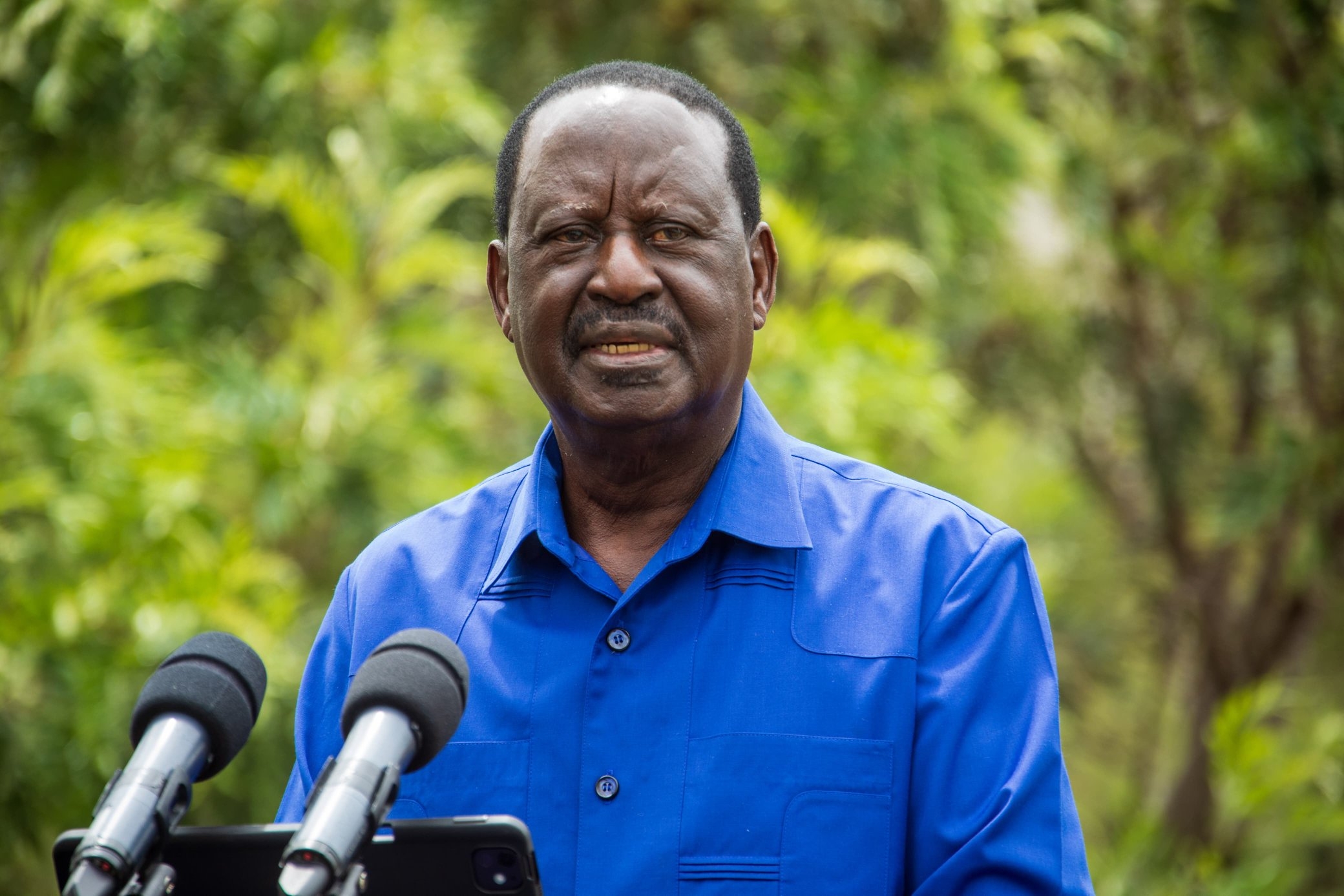The price of unga and other commodities is set to drop significantly due to government interventions.
The higher price of fuel, however, will lessen that reduction, critics said.
Prime Cabinet Secretary Musalia Mudavadi said the fertiliser subsidy programme is set to increase maize production in the country by 31 per cent this season.
This and other farm interventions, he said will see farmers harvest 41 million bags of maize, up from 31 million last year.
"This is not only going to stabilise the price of unga in the country but also put money in the pockets of our farmers," he said.
Speaking during the official opening of this year's Agricultural Society of Kenya Kisumu Regional show, Mudavadi said the fertiliser subsidy programme shall be scaled up next season with the price coming down from the current Sh3,500 to Sh2,500 per bag.
"In the first round, we reduced Sh6,500 prices to Sh3,500 for the 50kg bag of fertiliser. Consequently, we expect 41.2 million 90kg bags of maize, a 31 per cent increase from a long-term annual average of 31.3 million bags. In the coming short rains planting season, this will go down to Sh2,500 a bag," he said.
The CS further noted that for the long-term stabilisation of fertiliser prices, the government is encouraging investment in manufacturing and blending in Kenya, value-added processing, instead of importation dependence.
Mudavadi said even as climate change wreaks havoc on productivity, agriculture still contributes about 33 per cent, or Sh5 trillion, of Kenya's Sh15 trillion GDP. It employs more than 40 per cent of the total population, and 70 per cent of the rural population.
"We know, therefore, that improvement in the agriculture sector has the potential to create jobs, improve incomes, enhance foreign exchange earnings, promote industrialisation and lower the cost of living."
It is for these strategic reasons the government, he said, has placed innovation in agriculture as the top priority of the Bottom-Up Economic Transformation Agenda (BeTA).
BeTA has prioritised rice, edible oils, cotton, coffee, maize, tea, leather and dairy value chains, with the aim of food security, increasing exports, reducing imports and creating employment.
Studies show the country can reduce the number of poor people by one per cent for every two per cent increase in crop productivity and agricultural development has 11 times more potential to reduce poverty than any other sector, the Prime Cabinet Secretary said.
"Our commitment is to purposefully put money in the farmers' pockets through increased production and agro-processing value addition. We have to transform from subsistence agriculture to a commercially and globally competitive industry."
To achieve these immense potentials in agriculture, the PCS said they must combat declining soil fertility, deteriorating climatic conditions due to global warming, use appropriate fertilisers and reduce farm sizes to increase acreage that can be mechanically and more efficiently cultivated.












![[PHOTOS] Ruto present as NIS boss Noordin Haji's son weds](/_next/image?url=https%3A%2F%2Fcdn.radioafrica.digital%2Fimage%2F2025%2F11%2Ff8833a6a-7b6b-4e15-b378-8624f16917f0.jpg&w=3840&q=100)




